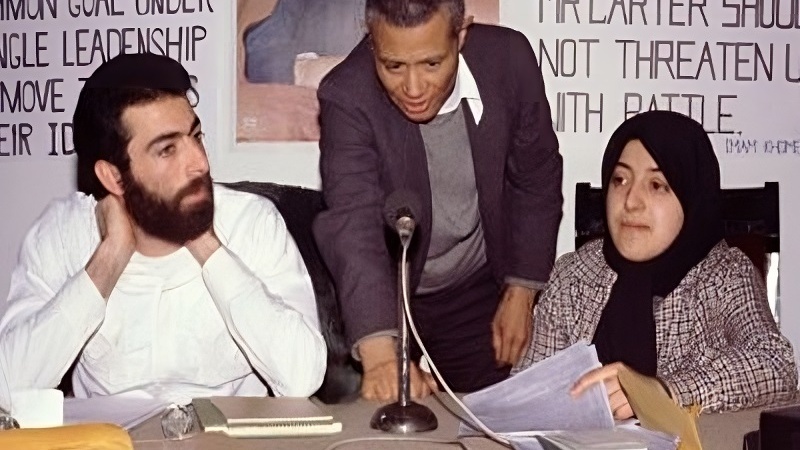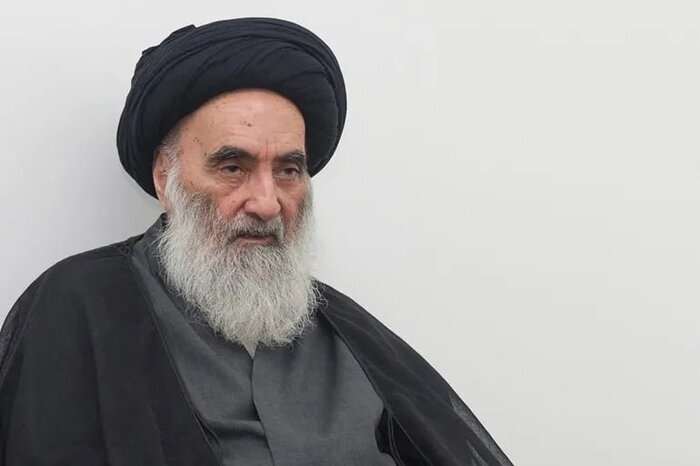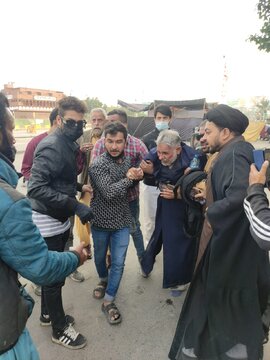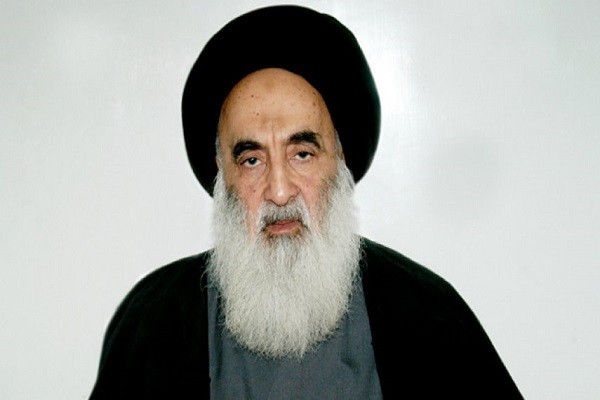On November 3, 1979, the students following the path of Imam Khomeini, with a specific goal and after exact planning, captured the US embassy in Tehran which became famous as, "Den of Espionage". On that day, the students went into the embassy and, after a brief clash with the American agents, reached the buildings. One of the most important achievements of the US embassy takeover was to discover and expose documents which proved the fact that the place was indeed a major center of subversion under the name of embassy.
Background and reasons behind the US embassy takeover
1. Reciprocal act against US for admitting ousted Shah
One of the main reasons of the students' move was the admission of Mohammad Reza Pahlavi, the ousted Shah of Iran, to the US. After Shah's escape, the United States admitted him as an old ally and gave him refuge. The Iranian public opinion considered this measure as the sign of the US support for despotism and an attempt to revive the Pahlavi kingdom. This conduct created a deep mistrust towards the US intentions vis-à-vis Iran.
2. Prevention of US plot to subvert revolution
The documents gathered from the US den of espionage showed that some of the revolutionary persons were right to be suspicious that the place was an operational base to direct counterrevolutionary groups and provide subversive plans in Iran. The exposed documents indicated the broad link of the embassy with the subversive groups.
3. Prevention of causing cycle of chaos
According to some reports, the US embassy was actively supporting separatist and terrorist groups in a bid to threaten unity and internal security in Iran so that the country would fall into a chain of insurgencies to set the ground for the West to meddle.
4. Historical fear of American coup of August 19, 1953
Apart from the three above-mentioned points, the bitter memory of the American-British coup d'état against the government of Mohammad Mosaddeq in 1953 and returning of Mohammad Reza Shah to power was still in the minds of the Iranian people. This event was a symbol of the US interventionist policies and violation of Iran's sovereignty. Students and other revolutionary persons were of the opinion that, through keeping its forces in the embassy and continuation of destructive activities, the US was in pursuit of building a network among corrupt security and military elements affiliated to the former regime.
Implications of the embassy takeover
A series of events took place after capturing the US den of espionage. Imam Khomeini (God's mercy upon him) called the move as the "Second Revolution" and stressed that Iran was standing decisively against the global Arrogance. The diplomatic ties were severed between the two countries and the US, in reaction to the move, imposed economic sanctions against Iran and blocked its financial assets.
Furthermore, reading the documents disclosed that among the US objectives was to assassinate Imam Khomeini [by some of the hired elements inside various ministries and organizations]. In spite of the Western pressures and US efforts to free its hostages (spies), this event turned into an everlasting point in the history of the Islamic Revolution; a point when Iran succeeded to challenge the dominance of big powers over its fate and choose an independent course. After 444 days, the officials of then Iranian government, got Imam Khomeini's permission and the approval of the Majlis (Parliament) and, after the Algerian government's brokering, met with the US officials and concluded the Algiers Accords and freed the spies known as "hostages".
Francis Anthony Boyle, researcher and lecturer of political sciences in the University of Illinois, US, in his book, "Global Politics and International Law", defends the hostage taking by Iranian students as Iran's legal right to self-defense according to Article 51 of the UN Charter. He describes the move of the students as prevention of aggression and US act of another coup.
Iran
has cut its ties with the US since then and has rejected the US'
request to set up an embassy in Tehran. Some analysts believe that the
reason why the United States has failed in every attempt for
overthrowing the Islamic Republic is that there is no US embassy in
Iran.
/129





